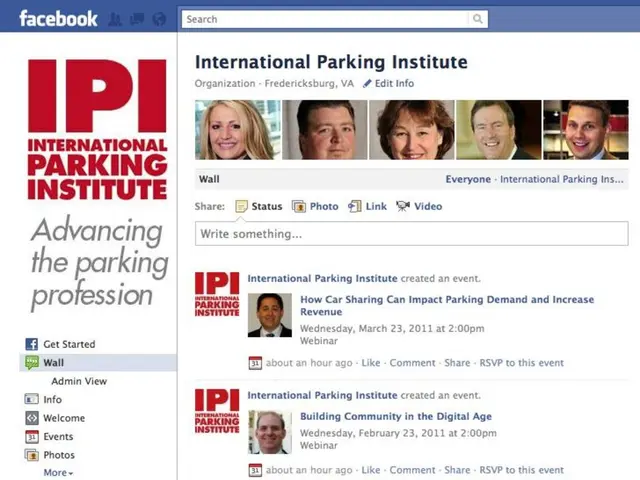AI-Powered Increase in Deceptive Email Scams
In the digital age, cybersecurity has become a paramount concern for individuals and organizations alike. One of the most insidious threats in this realm is phishing, a tactic used by cybercriminals to trick victims into divulging personal information, clicking malicious links, or downloading corrupted attachments. Traditional defenses against phishing have faced significant challenges in recent years, with the rise of AI-generated phishing emails.
These AI-crafted emails are more sophisticated, personalized, multilingual, and harder to detect, enabling them to bypass many legacy defenses and increasing success rates dramatically compared to traditional phishing. They are designed to mimic the language and structure of authoritative emails, making them difficult to distinguish from legitimate communications.
To protect oneself against these threats, it's essential to stay informed about the latest developments in cybersecurity. Reputable sources such as the Cybersecurity and Infrastructure Security Agency and the Federal Trade Commission can provide valuable information and alerts.
Individuals and organizations should also verify the sender and the content of any suspicious emails before taking any action. This includes verifying the sender's email address, checking for spelling and grammar errors, and ensuring that the email contains no unexpected requests for personal information or actions.
To bolster these measures, the use of anti-phishing software and email filters that use AI algorithms can detect and block malicious emails in real-time, providing an additional layer of protection against phishing attacks. Businesses, in particular, should regularly update their software and security measures to protect against the latest threats and vulnerabilities, including those related to phishing attacks.
Moreover, protecting sensitive information is crucial. This involves using unique passwords for all accounts and changing them regularly. Individuals and organizations should also be cautious of providing personal information over the phone or via email, especially if the request seems suspicious.
The fight against AI-generated phishing emails is far from over. Leading cybersecurity platforms like StrongestLayer are deploying AI-powered email security that leverages large language models to analyze email intent, not just keywords, enabling proactive blocking of AI-crafted phishing, spear-phishing, and business email compromise attempts before they reach users. These solutions use continuous learning from massive telemetry datasets, detecting subtle cues and zero-day phishing campaigns, thus improving catch rates even for deepfake and highly tailored attacks.
However, it's important to remember that phishing inherently exploits human psychology. Even seasoned employees can be fooled by well-crafted emotionally manipulative messages or impersonation of trusted sources. This underscores the need for real-time detection, proactive controls, intelligent visibility into third-party risks, and continuous awareness to complement technical defenses.
In summary, current anti-phishing measures incorporating advanced AI threat detection and adaptive training are significantly more effective than older defenses. However, the rise of AI-generated phishing has made phishing attacks faster, smarter, and more dangerous, requiring continuous evolution in defense strategies to keep pace. Stay informed, verify emails, use anti-phishing software, protect sensitive information, and remain vigilant in the face of this growing threat.
Read also:
- Senators pressure nominated leader of CISA on election security concerns, focus of agency highlighted
- Digital passwords come under pressure as major tech companies move towards strengthened security measures
- Blockaid's security services now integrated into D'CENT Wallet, enhancing Web3's safety measures.
- Osteoporosis: Factors Influencing Risk, Identification Methods, and Medical Interventions








